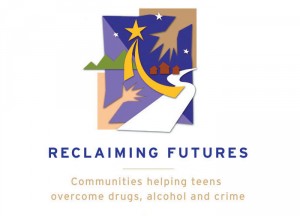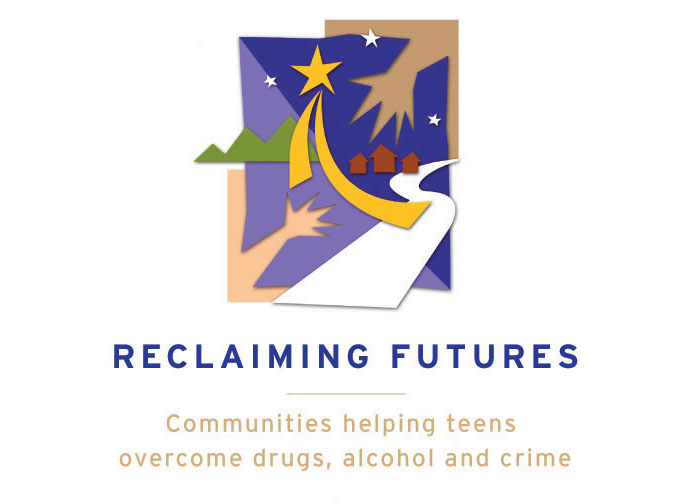 Reclaiming Futures' six-step model for helping young people who are struggling with alcohol, drugs and crime is receiving an update. The program began in 10 communities in 2001 with a $21 million grant from the Robert Wood Johnson Foundation. The mission was to reinvent how juvenile courts, police, and communities work together in the interests of young people.
Reclaiming Futures' six-step model for helping young people who are struggling with alcohol, drugs and crime is receiving an update. The program began in 10 communities in 2001 with a $21 million grant from the Robert Wood Johnson Foundation. The mission was to reinvent how juvenile courts, police, and communities work together in the interests of young people.
The six steps in the Reclaiming Futures model were “initial screening,” “initial assessment,” “service coordination,” “initiation,” “engagement” and “transition.” Previously, the final step in the program had been called “completion,” but according to Susan Richardson, Reclaiming Futures’ national executive director, the name wasn’t complete.
Writing on the Reclaiming Futures website, Richardson said completion “is an incomplete and sometimes inaccurate term for the complex work of transitioning out of ‘systems’ and into successful community life.”
Transition, she writes, more accurately portrays the “representative and interactive phase of transitioning youth to life outside of the justice system.”
Currently, the Reclaiming Futures model is used in 29 communities across the country.
